June 3, 2025 | 18:31 GMT +7
June 3, 2025 | 18:31 GMT +7
Hotline: 0913.378.918
June 3, 2025 | 18:31 GMT +7
Hotline: 0913.378.918

ASIA RICE-Stiff competition pushes India prices to 21-month low.
What’s going on here?
Indian rice prices have plunged to a 21-month low, shaking up global rice dynamics as key players like Vietnam and Thailand adjust their pricing strategies.
What does this mean?
India's 5% broken parboiled rice is now priced at $403-$410 per tonne, dropping noticeably from last week's $409-$415 range. This fall, driven by dwindling demand and increased competition, aligns with India's recent decision to lift the September 2022 export ban on 100% broken rice. Meanwhile, Vietnam has raised its prices to $392 per metric ton due to harvests from the Mekong Delta, without reporting government stockpiling. Thailand's similar rice now costs $405-$408 per tonne, down from $415, affected by currency fluctuations. These pricing shifts show the competitive tension as Thailand and Vietnam navigate supply challenges and economic adjustments. Conversely, Bangladesh is boosting imports from Vietnam, Myanmar, and Pakistan through strategic deals due to high domestic rice prices.
Why should I care?
The current price drop in India's rice sector and pricing adjustments by Vietnam and Thailand spotlight an ongoing battle for global market share. Indian exporters, facing lower demand, may find that reduced prices attract new buyers, potentially disrupting established market positions. Meanwhile, Thailand's exporters might struggle against competitively priced rice from India and Vietnam amid currency volatility. Investors should keep an eye on how these dynamics affect the profitability of rice-exporting firms and trade balances in Asia.
The realignment of rice export strategies in India, Vietnam, and Thailand carries broader implications for global food security and economic partnerships. With Bangladesh increasing imports to stabilize its high domestic prices, it underscores the interdependence of nations in securing staple food supplies. These shifts could lead to trade deal renegotiations, strengthen regional alliances, and prompt other nations to reevaluate their rice import strategies.
finimize

(VAN) The U.S. is the largest market for Vietnamese cashew nuts. However, when exports to the U.S. encounter difficulties due to reciprocal tariffs, Vietnamese cashews still have many other potential markets.
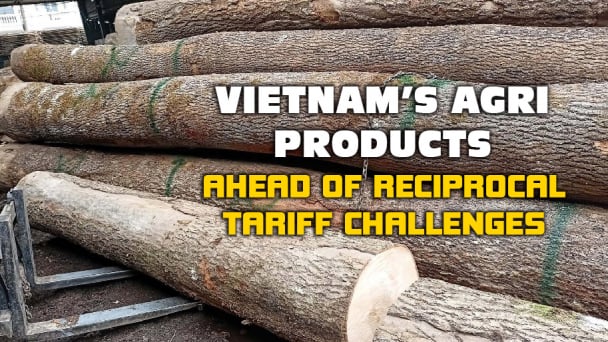
(VAN) Reciprocal tariffs present a significant obstacle to Vietnam's wood exports to the United States; however, domestic wood businesses are endeavoring to preserve their market share in this critical market.
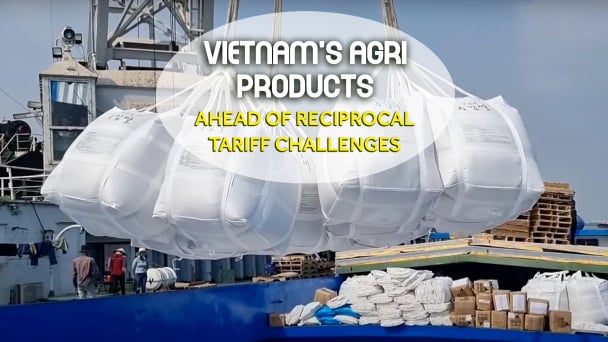
(VAN) Businesses in Vietnam are attempting to export rice to the United States ahead of the implementation of reciprocal tariffs, while remaining their optimism regarding this critical market.
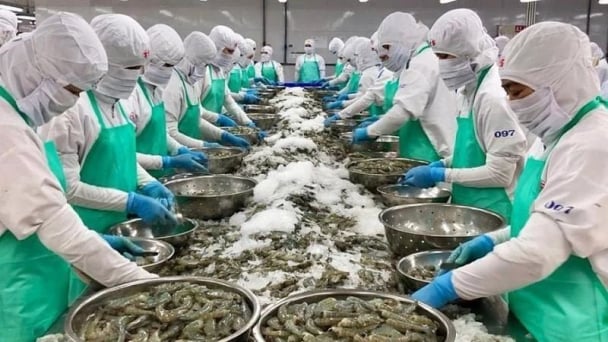
(VAN) From containers of cashew nuts, shrimp to in-depth technical dialogues, agricultural cooperation between Vietnam and the United States is entering a period of sustainable and two-way development.
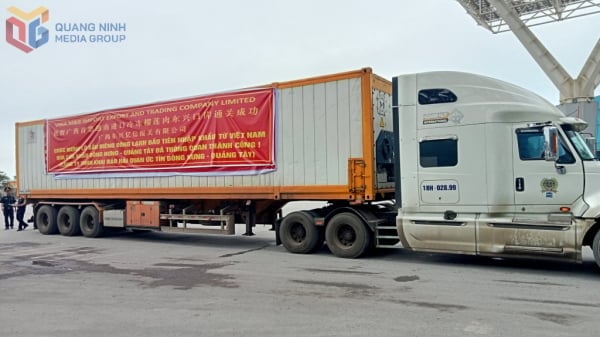
(VAN) After the talks on May 28, Vietnam successfully exported its first batch of frozen durians to China, marking a new milestone in agricultural trade cooperation between the two countries.
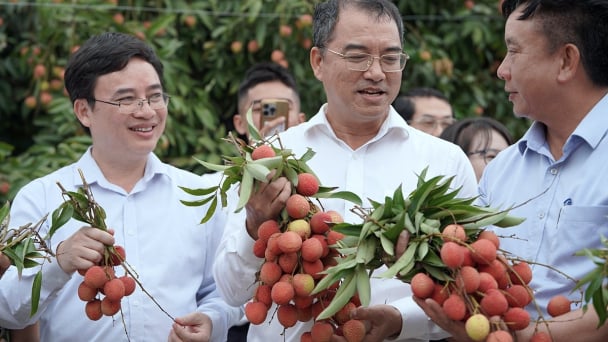
(VAN) Several major companies, such as Red Dragon and Ameii Vietnam, have signed purchasing agreements for the 2025 season, targeting markets including Japan, the United States, and the EU.
/2025/05/30/5010-5-173638_943.jpg)
(VAN) On May 29, at the GO! My Tho Trading Center, the Tien Giang Department of Industry and Trade, in collaboration with Central Retail Corporation, held the opening ceremony of the 3rd Fruit Festival 2025.